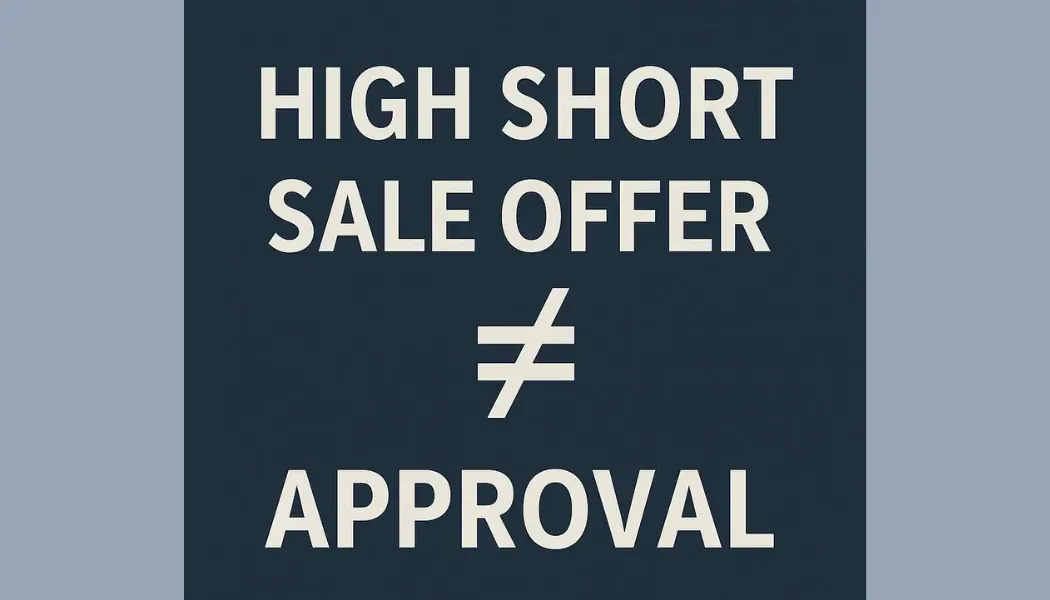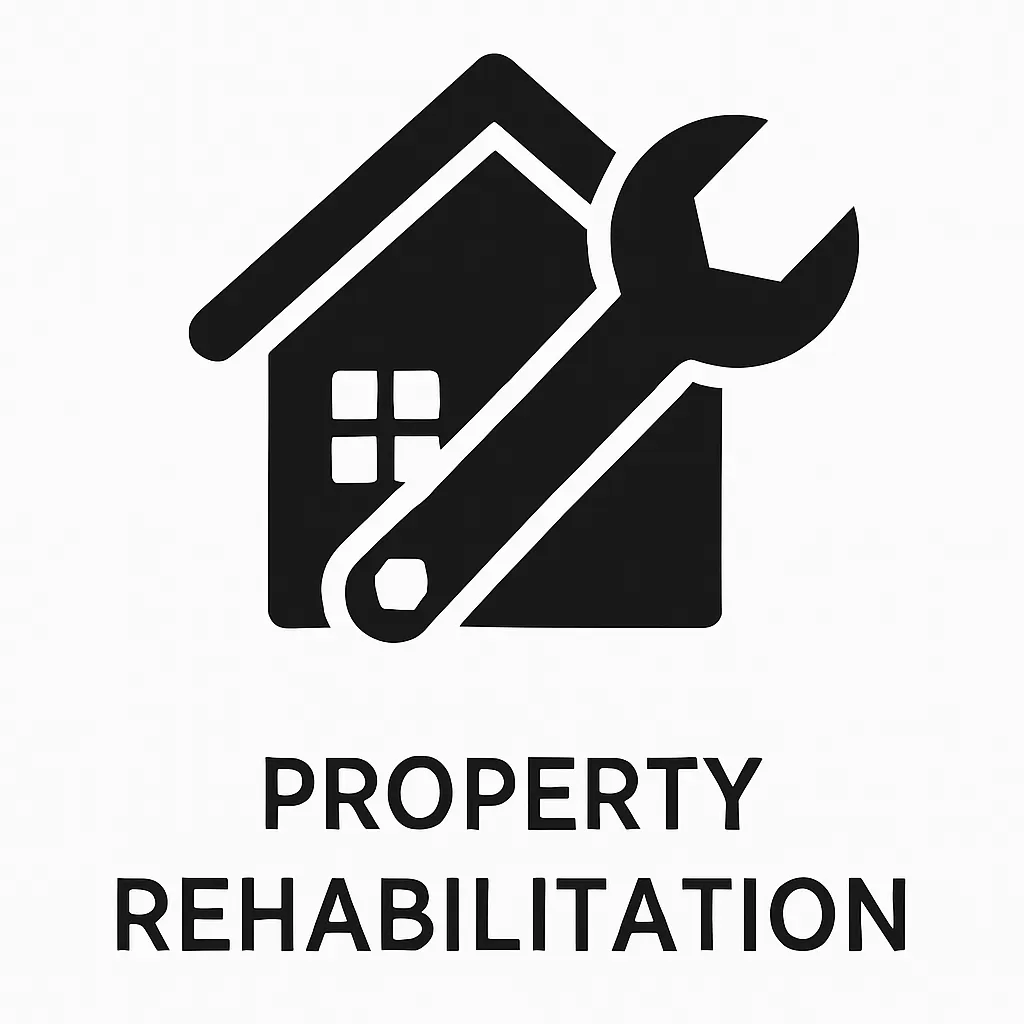See Our Latest Blogs
Explore expert insights, tips, and updates in our latest property investment blog posts.

“Why a High Offer Alone Won’t Get Your Short Sale Approved (But These 7 Documents Will)”
“Why a High Offer Alone Won’t Get Your Short Sale Approved (But These 7 Documents Will)”
When facing foreclosure, many homeowners and agents make the mistake of assuming that submitting a high offer is enough to convince the bank to approve a short sale. But that couldn’t be further from the truth.
In reality, banks don’t just look at the offer — they analyze the entire financial hardship situation. Without the required documentation, even the highest offer will likely be rejected or delayed, costing valuable time and often leading to foreclosure.
This blog will explain why high offers get denied and the 7 required documents banks must have to review and approve a short-sale file.
🛑 Why High Offers Get Denied
It may seem logical: if the offer is close to the market value, the bank should be happy, right? Not quite.
Banks don’t just want to recover money — they want justification. If the homeowner isn’t proven to be in true hardship or hasn’t submitted the correct documentation, the bank won’t trust the sale — even if the number looks good.
In fact, an incomplete short-sale file is the #1 reason banks reject short sales, not the price. Think of it like applying for a mortgage — you can’t just say “I make $150,000 a year” without W-2s and pay stubs. The same applies here.
✅ The 7 Short Sale Documents Required by All Banks
Here’s what banks actually want to see before even looking at the purchase offer:
1. Hardship Letter (Signed and Dated)
A personal letter written by the homeowner explaining why they can no longer make payments. This needs to be:
● Authentic
● Clear about the hardship (job loss, medical bills, divorce, etc.)
● Honest about the future outlook
Banks need this for emotional and legal validation of the hardship.
2. Authorization to Release Information
This signed document allows the Realtor, attorney, or investor to speak directly to the bank on the homeowner’s behalf. No authorization = no progress.
3. 2 Months of Pay Stubs (or Proof of Income)
To prove whether the homeowner can or cannot afford the mortgage anymore. If self-employed, banks often require a profit & loss statement.
4. Last 2 Years of Tax Returns (Signed)
These show the bank the borrower’s income history. This is especially important if the homeowner is claiming a recent hardship compared to prior stable income.
5. Last 2 Months of Bank Statements
The bank wants to see if there are undisclosed assets that could potentially pay the mortgage. Transparency here is critical.
6. Listing Agreement and Purchase Offer
This confirms the homeowner has legitimately tried to sell the home and found a qualified buyer.
Both the listing agreement (with Realtor) and the offer (signed by buyer and seller) are necessary for bank review.
7. Preliminary HUD-1 or Settlement Statement
This is the most important document in the short sale package.
The HUD-1 shows:
● The exact offer amount
● Payoffs to the mortgage(s)
● Realtor commissions
● Closing costs
● Any back taxes, liens, or HOA fees
Banks use this to understand the net they’ll receive from the sale. If the HUD is missing or inaccurate, the file will be immediately kicked back.
💡 Pro Tip: Banks Want a Full Story, Not Just a Big Number
You can submit a $500,000 offer on a $475,000 house — but if there’s no hardship letter, no pay stubs, or a missing HUD-1, it won’t matter. The file won’t even get to the underwriting desk.
Banks process thousands of short-sale requests, and incomplete files don’t get prioritized. But when you submit all 7 required documents — correctly — you increase your chances of approval by 80% or more.
Final Thoughts
If you’re a homeowner or agent involved in a short sale, remember: it’s not just about price — it’s about proving hardship and presenting a full, clean file.
At F. Liu Trustee & Co., we specialize in closing short-sale transactions fast and professionally — and we work only with properly submitted packages. If you’re a Realtor or homeowner and need help navigating the short sale process, we’re here to assist.
Need help assembling a clean short sale file?
We partner with agents across the U.S. and offer full transparency throughout the process.
Our Promise
We are committed to providing every homeowner with a fair, honest, and transparent experience. At F. Liu, Trustee & Co., your trust is our top priority — and your satisfaction is our promise.
Corporate Office Location
13809 Research Blvd Suite# 500
Austin, TX 78750
Copyright © F. Liu, Trustee & Co . All rights reserved

